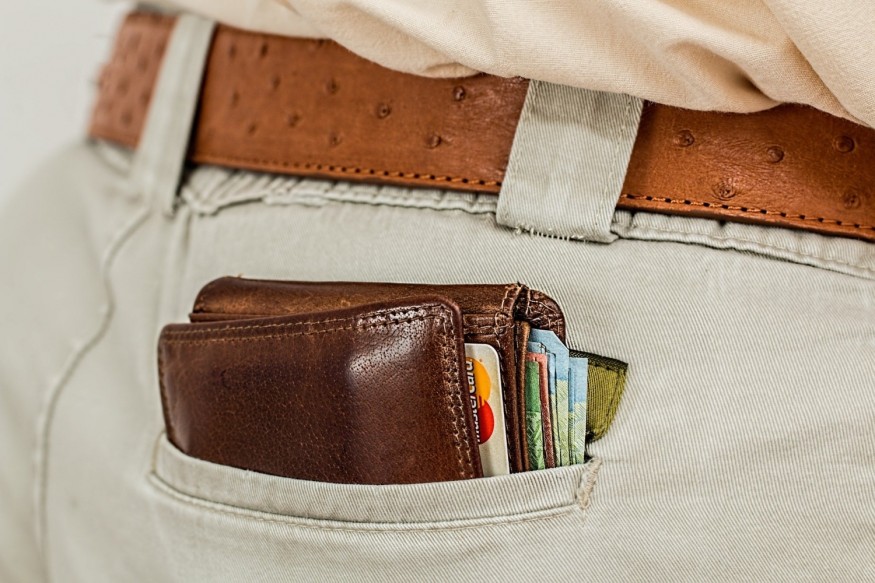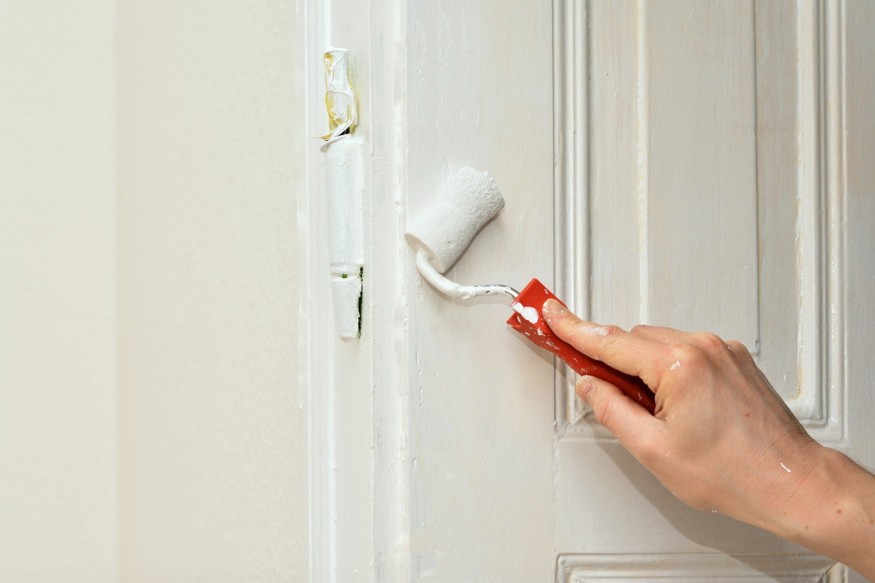
So, you've finally found that perfect apartment you'll call home and are ready to move in. However, before you rush into signing the dotted line of your lease agreement, there are a few more things to keep in mind. For example, you'll want to make sure your landlord and you are on the same page about some ground rules. More often than not, people tend to brush over the topics or, even worse, not even know what to ask. With this in mind, we've created a guide to help you come up with questions to ask your landlord and come to a mutual agreement.
Ask for contact information
Most landlords learn how to screen potential tenants, so you've passed the initial test. Now it's all about building trust, which is why proper communication is essential. Know that you are allowed to ask anything you find unclear, and your landlord should provide you with information. However, what happens if the landlord doesn't live on-site, as is almost always the case? For this reason, one of the first questions to ask your landlord should be what's their preferred method of contacting. Some people prefer calls, while others don't like to be disturbed and would rather you sent an email. Most of them have their own obligations, which is why they won't be available around the clock. That's why you should specify the days of the week or hours when it's best to contact them. Of course, you're free to define your preferred method of communication or hours as well. Remember, this is a two-way agreement.

Inquire about payment methods
An equally important topic to cover during the conversation is how you'll be paying your bills. Whether you're a first-time renter trying to find an apartment or you already have the experience, it's easy to be confused at first. Everyone handles finances in their own way, and following the landlord's guidelines can sometimes be tricky. There are various options, but what's most important is to ask whether bills are included in the rental payment or are paid separately. This will make it easier for you to determine the total cost of renting the apartment. Then, move on to ask about the deposit as well as the possibility of a grace period. Also, ask about the due date as well as the preferred method of payment.
You're free to negotiate along with your landlord, but don't push it. After all, the apartment is in their property and you'll have to do with their way of handling finances. Still, don't be afraid to suggest alternative payment methods, as you never know whether they will work with your landlord.

Lease-related questions to ask your landlord
No matter how much your landlord seems trustworthy, never settle for just an oral agreement. Instead, request that everything be outlined in written form. Prior to signing on the dotted line, it's important to make sure the document contains all the needed information. It's basically your only proof of every detail you've both agreed upon, and you can refer to it any time. So, there are no stupid questions to ask your landlord, as each piece of information will be valuable to you.
When it comes to the lease, make sure you ask about the procedure regarding lease renewals. Still, this is only in case you decide to stay in the apartment for a prolonged period of time. If not, make sure you know how much notice you must give prior to deciding to move out. Also, you might want to inquire about is what happens if you break the lease. An unexpected job offer in another city or a family emergency might be the reason why you decide to get out of the lease early. It happens, but it might have some financial consequences. Make sure you read the document properly and only sign it once you're sure you understand everything.
Making changes to the living space
While sudden relocation can be handled, it would be best to meet with your landlord prior to moving in. When it comes to last-minute moves, both parties seem to only brush over the ground rules. In this way, it easy to misinterpret or leave out information. For example, what happens if you mistakenly assume that you're allowed to decorate the apartment but it's actually against the rules? That's why being upfront with your landlord about any type of renovation you might want to do is always recommended.
The level to which you'll be allowed to have your freedom to make the place your own will largely depend on what your landlord finds acceptable. So, if adding a personal touch is important to you then make sure to talk it over on time. Usually, it's possible to negotiate with your landlord and come to an agreement. Although, you might be expected to paint the walls white before you move out, just so you know.

Cleaning requirements and maintenance
Last but not least, bear in mind that this isn't your property, which means you need to maintain it according to some standards. If nothing else, keeping it clean and not breaking anything is the bare minimum they expect from a tenant. Still, accidents happen, and sooner or later you'll need to clean the carpet or fix the toilet. This is where the landlord needs to be clear about who's paying for which services. For example, you might come to an agreement that you hire cleaning professionals once a month in return for a lower rent. Of course, you can refuse something your landlord suggests if you find it unfit or if it's too much for your budget.
Among the questions to ask your landlord is whether everything is in working order. If you fail to inspect any possible damages, it will be automatically assumed it was you who broke it. So, the best way to be sure this doesn't happen is to take pictures right after moving in. Save them in a separate folder and compare it with the state the apartment is in once it's time to move out.
© 2026 Realty Today All rights reserved. Do not reproduce without permission.



